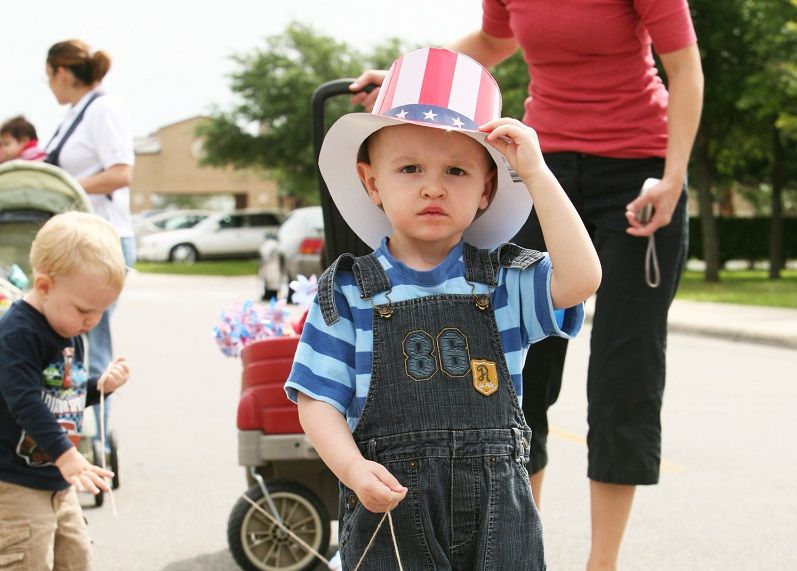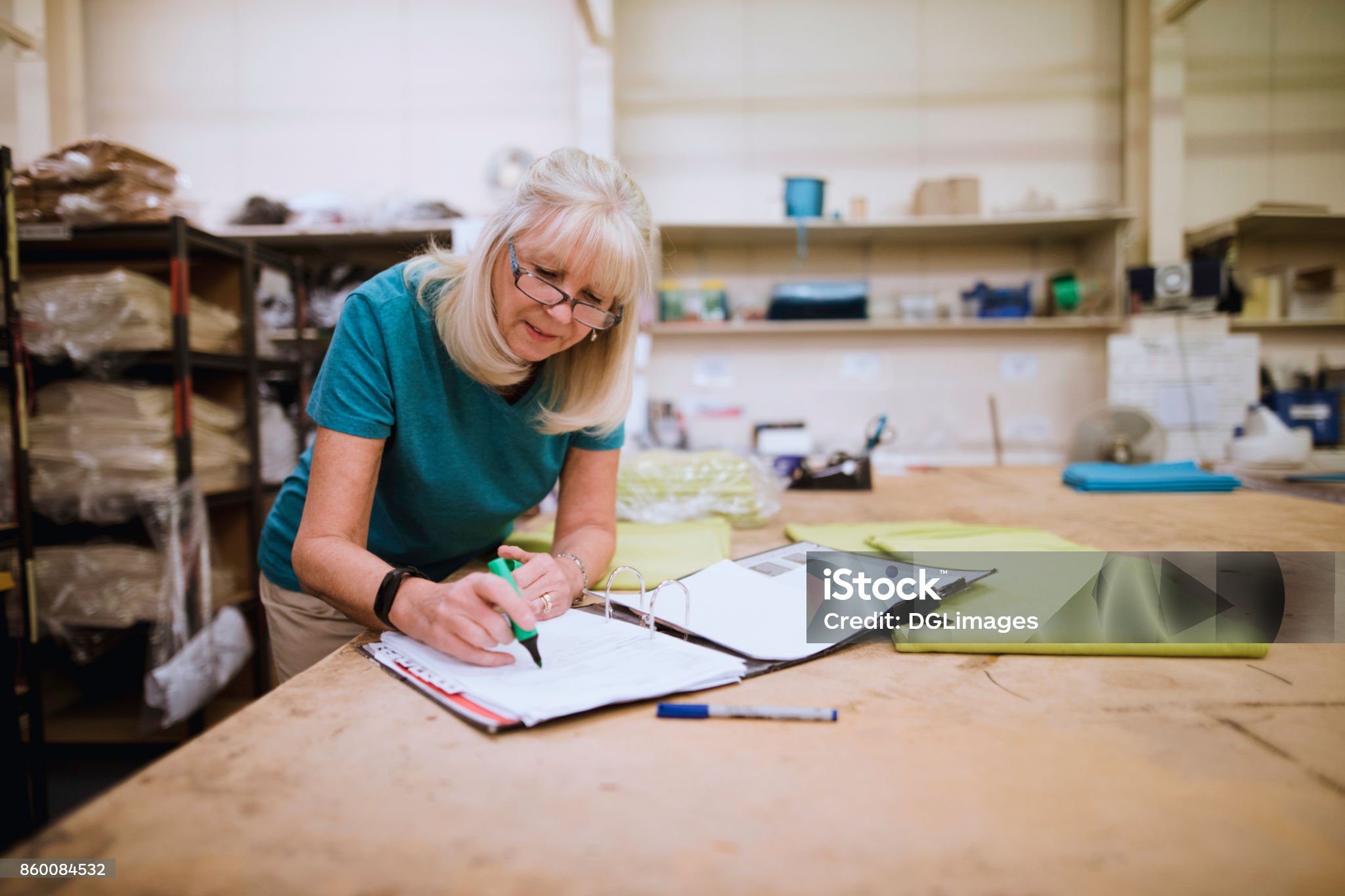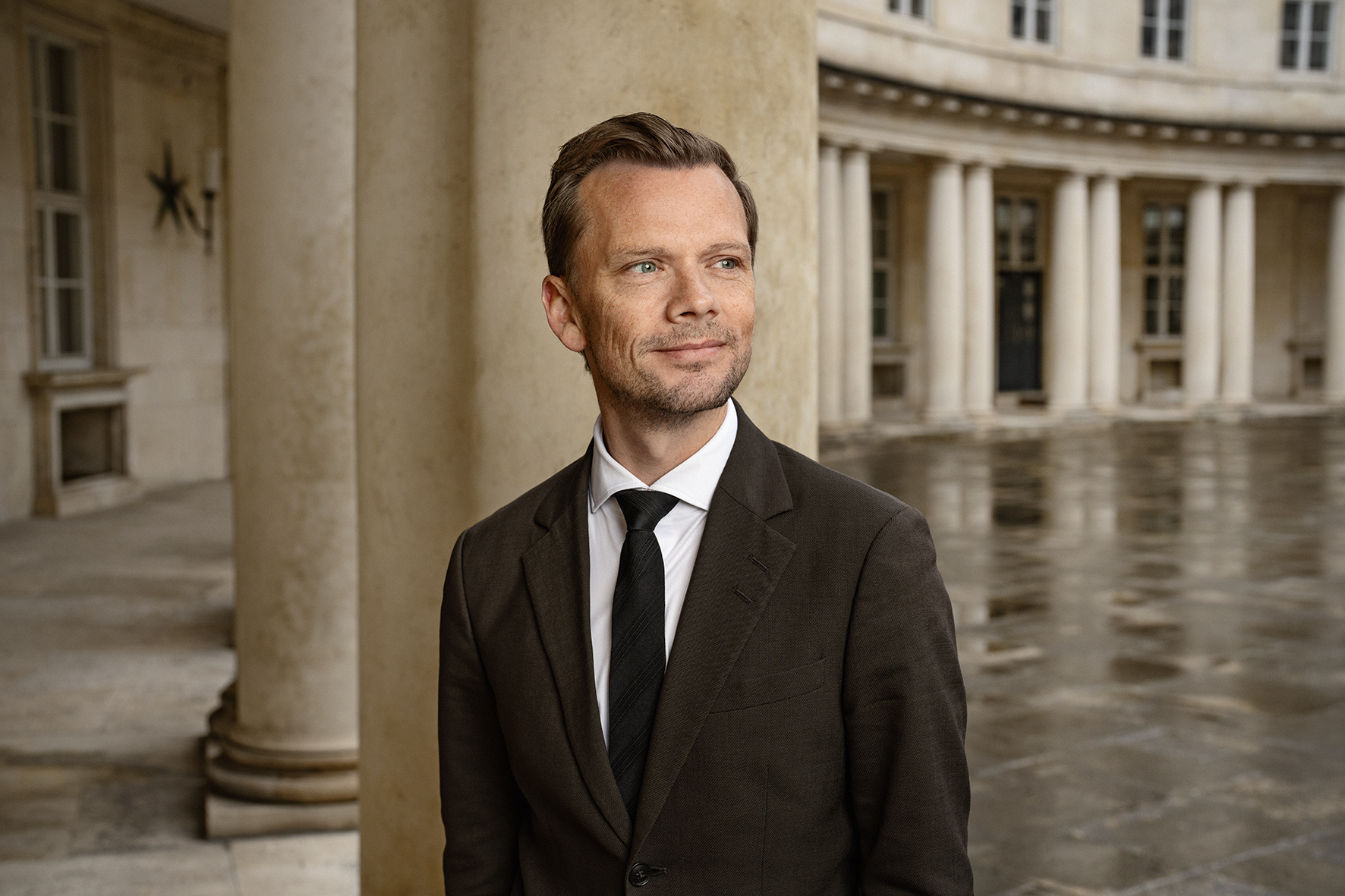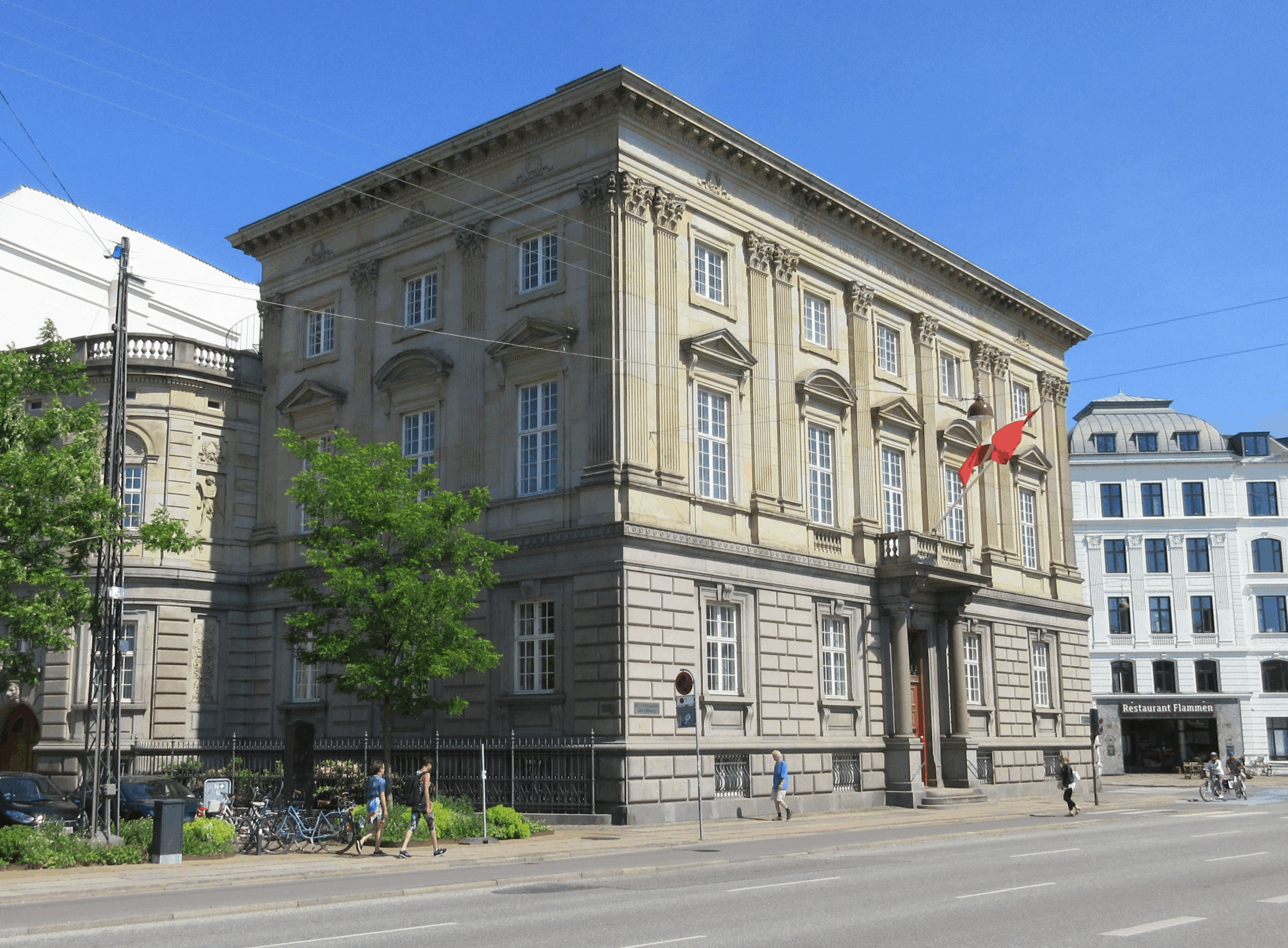Never before have so many eyes around the globe focused their attention on a US political event.
The midterms on Tuesday were all set to be a pivotal moment in defining American politics, culture and society. Would they delve deeper into populism and continue the dismantling of US political orthodoxies, or would the house turn blue in defiance of those they believe to be their enemy?
Whatever the result, it is clear that politics now permeates all facets of American society. Tribalism, polarisation and black and white thinking plagues America.
The sense of social cohesion, community and personal responsibility that the 19th century French diplomat Alexis de Tocqueville once described as essentially American is all but gone. Today its people can barely talk to one another if they have differing perspectives.
Good intentions
Nowhere is this dramatic shift clearer than on college campuses. Violent protests from ANTIFA and the alt-right erupt when a dissident speaks. The phenomenon of ‘groupthink’ is rampant. Students offer ultimatums to administrations. While accusations of racism, sexism and xenophobia against peers, professors and administrations become routine. These are confusing times for America’s youth.
In their book ‘The Coddling of the American Mind’, Jonathan Haidt and Greg Lukianoff argue that the behaviour of the students stems from parents with good intentions. They inadvertently prepare their children for failure by depriving them of free play – unstructured, voluntary, spontaneous, child-initiated activity with no adult intervention, which helps builds empathy, negotiation skills and self-esteem.
Practice makes perfect
This is in direct contrast to Denmark, where the universities largely avoid such problems thanks to the laissez-faire style of the Danish upbringing
“Free play is unstructured and never led by adults,” contends Jessica Alexander, the European-based US co-author of ‘The Danish Way of Parenting’, a book focusing on the virtues of Danish parenting.
“Children practise putting themselves into fight or flight positions and other stressful situations to see how much they can handle. Play helps children develop coping mechanisms, self-control and resilience, which has been proven to be a key factor in long-term happiness.”
Haidt and Lukianoff believe the increasing demands of the American system and safety concerns are driving parents to overly structure their children’s time.
Turning up the pressure
The pressure on children not to play is growing. Since the 1980s, the admission requirements at the top universities have sky-rocketed while the number of qualified applicants has increased. Harvard’s acceptance rate, for example, fell from 20 percent in 1980 to just 4 percent in 2017.
Most Ivy League establishments recommend that prospective students should start a sport and community service at the beginning of middle school and stick with it through highschool. Playing a musical instrument is a plus. Additionally, prescribed homework has increased by more than 148 percent since the 1970s.
The parents who enrol their children in numerous extracurricular activities to improve their chances mean well. However, this means less time to play and learn practical social skills.
Fear of the unknown
Parents might blame crime and the fear of their child being abducted or encountering violence. But crime has been steadily decreasing since the 1990s. Nevertheless, some states even prohibit unsupervised children from roaming the streets, thus limiting their opportunities for unsupervised play.
All of this amounts to many US students starting university woefully underprepared. Used to their parents’ guidance, it’s no wonder that when interpersonal conflict arises, they call for administrative intervention. They begin to conflate natural anxiety with true threat, believing speech equates to violence and can cause ‘harm’ or threaten their ‘saftey’.
This is only reinforced when the administrations cave in to ultimatums and respond to their disproportionate outrage, implementing micro-aggression training and trigger warnings that serve to reinforce harmful patterns of thought.
Conflict avoidance
Haidt and Lukianoff contend that a lack of free play teaches children to believe that conflict can only be harmful and doesn’t help you grow, that you should follow your emotions, and that the world is in conflict between good and bad people.
The behaviour of the students, which is similar to that of PTSD sufferers, is often reinforced and justified by the rulings of the university administrations. This means students are being taught ways of thinking that teach them to be offended, hurt and outraged at small things.
This, coupled with the social climate of tribalism, leads to a rather unacademic environment that stifles the students who want to seek truth and cultivate virtue.
Free-range kids
Danish society, in contrast, provides an environment of trust and social cohesion that allows parents to be confident when leaving their children unsupervised.
Young children can often be seen cycling along busy roads or playing with older children – acts that could be considered negligence in some US states. Teens are also introduced to alcohol earlier, as the legal age to buy beer is only 16.
Another parental ethnotheory common in Denmark is for students to take a year out between middle and high school at an efterskole, where they board – normally aged 15-17. And then after high school, students are encouraged to take at least a year, sometimes longer, to work and travel. All of this prepares the Danes for the challenging experiences that could await at university.
The need to panic
One could suggest that this is simply over-reaction: that the young American adults are just students who will grow out of it.
But studies suggest that the damage is done in the child’s upbringing, and rising rates of anxiety, depression and suicide testify to how serious the problem is.
The schemas built by parents and administrations teach students to perceive benign encounters as threatening, harmful or unsafe, creating artificial, visceral reactions to things that would otherwise require little thought.













